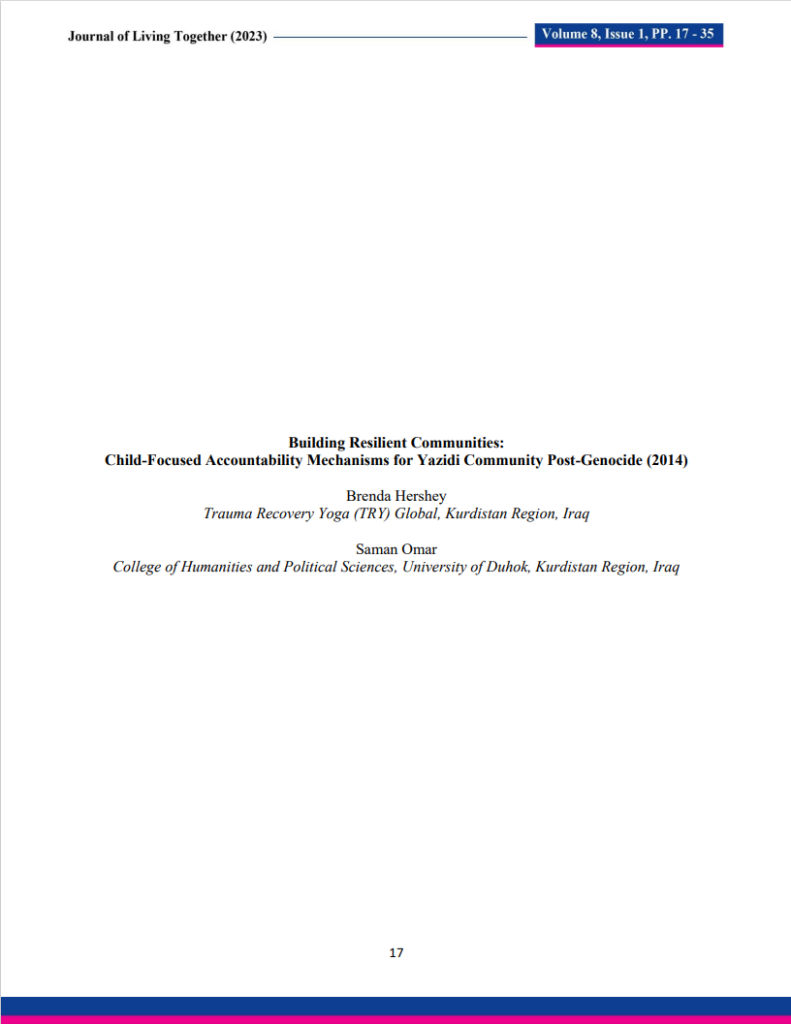Law, Genocide and Conflict Resolution

Law, Genocide and Conflict Resolution on ICERM Radio aired Saturday, February 27, 2016 @ 2PM ET.
A conversation with Dr. Peter Maguire, the author of “Law and War: International Law and American History” (2010) and “Facing Death in Cambodia” (2005).
Peter is a historian and former war-crimes investigator whose writings have been published in the International Herald Tribune, New York Times, The Independent, Newsday, and Boston Globe. He has taught law and war theory at Columbia University and Bard College.

Theme: “Law, Genocide and Conflict Resolution”
This episode focuses on the violations of national and international laws during ethnic and religious wars, and how conflicts with ethnic and religious elements could be resolved to create a pathway for peace and security.
The interview is based on relevant lessons learned from Dr. Peter Maguire’s work in Cambodia and how his findings on the Cambodian genocide (1975 – 1979) could help us understand what happened (or what is currently happening) in other countries where genocides and ethnic cleansing have occurred or are occurring.
Briefly referenced in the conversation are the genocide of Indigenous Americans (1492-1900), Greek genocide (1915 – 1918), Armenian genocide (1915 – 1923), Assyrian genocide (1915-1923), the Holocaust (1933-1945), Romani Genocide (1935-1945), Nigeria-Biafra War and the massacres of the Biafran people (1967-1970), Bangladesh genocide (1971), massacre of Hutus in Burundi (1972), Rwandan genocide (1994), Bosnian genocide (1995), the Darfur War in Sudan (2003 – 2010), and the ongoing genocide in Syria and Iraq.
From a general perspective, we examined how the international laws have been violated, as well as the ineffectiveness of the international community in preventing genocides before they occur and their failure in bringing some of the perpetrators to justice.
In the end, efforts are made to discuss how the other types of conflict resolution (diplomacy, mediation, dialogue, arbitration, and so on), could be utilized to prevent or resolve conflicts with ethnic and religious components.


